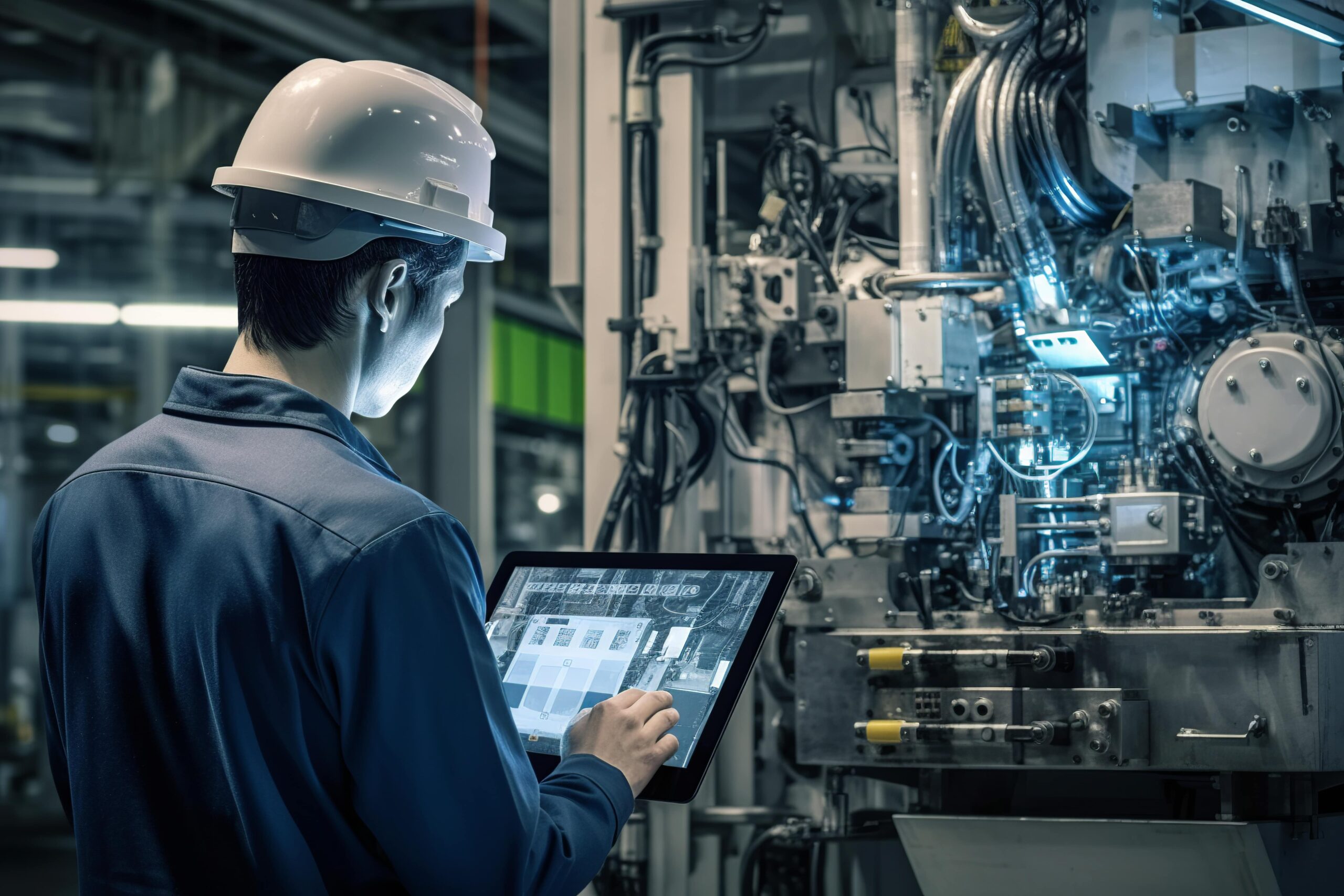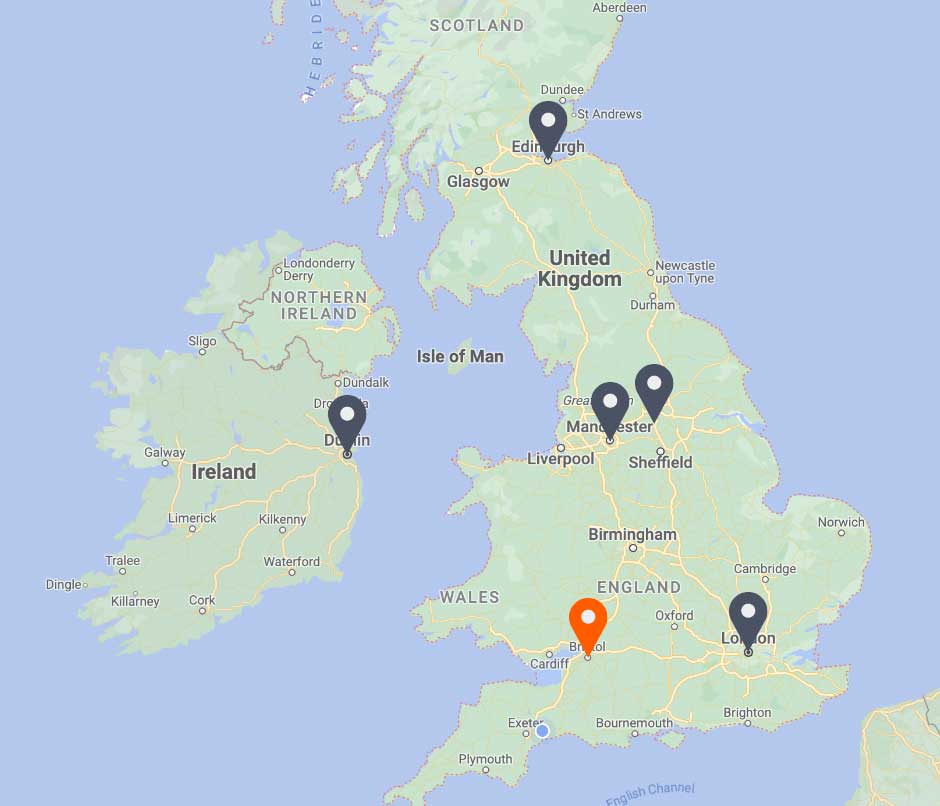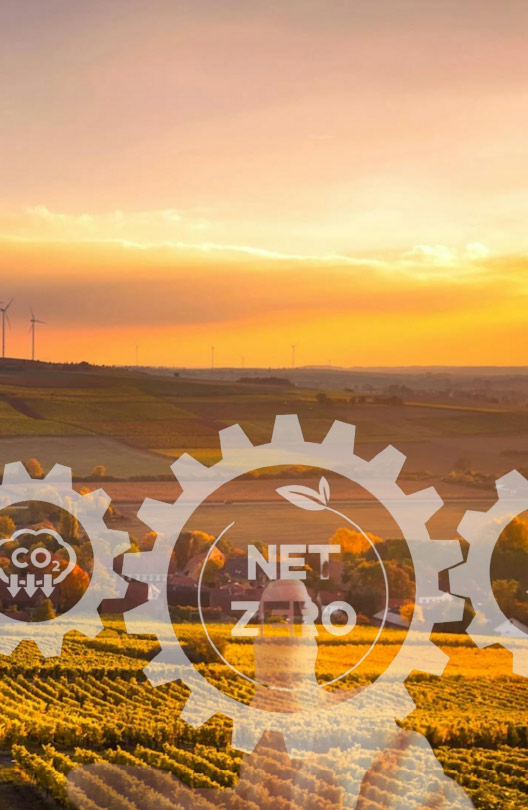THIS ARTICLE AT A GLANCE
CONTACT ETS
If you have any questions or would like to discuss further what you should be doing, ETS is here and willing to help.
Call 0117 205 0542
Email enquiries@energy-ts.com
Submit a contact form
CHECK OUR SERVICES
Scarce ‘low hanging fruit’ left for energy efficiency: Innovation will be key for 2050

According to the Climate Change Committee, the UK is expected to miss its fourth and fifth carbon budgets by 139 and 245 million tonnes of carbon dioxide equivalent (MtCO2e) respectively. This is particularly concerning now that the UK Government has increased its target from 80% GHG reduction to ‘net-zero’ emissions by 2050.
According to BEIS, current policy has not taken into account this predicted shortfall and, as a result, the surplus will make it more difficult and expensive for the UK to meet its long-term targets.
In many businesses, most of the easy opportunities to reduce energy waste have already been taken – and the understandable requirements for ‘short-term’ paybacks has led to many profitable longer-term energy efficiency schemes being bypassed for ‘low risk’ opportunities such as LED lighting upgrades.
As we move towards achieving a zero-carbon economy, the challenges for many businesses will be finding energy saving opportunities which deliver a solid ROI without substantial risk.
There are a lot of technologies available on the market which are still in a relatively early stage of evolution, and as such many of the options available are either costly to implement or have other significant barriers to mobilisation. One can only hope that as these technologies mature, their routes to implementation become easier for organisations to accept.
It is reasonable to speculate that as carbon management gathers an increased focus for more businesses, attitudes to implementing technological solutions will continue to improve and become less risk-averse. Nevertheless, early adopters will still face many challenges in determining the practicality, maintainability and accuracy of predicted payback periods when building business cases for deployment.
We would urge those organisations to ensure they include both independent engineering expertise within their assessments of new technologies, and employ IPMVP standards when undertaking measurement and verification (M&V) of efficiency project performance, to ensure project success.
At this stage, it is difficult to predict the exact mix of technological and behavioural change interventions that will be required to achieve net-zero by 2050. However, what is clear is that innovation will be at the heart of accelerating the UK’s progress towards a zero-carbon economy. Hopefully the UK Government will acknowledge this and support industry, through legislative and financial instruments, to facilitate the growth of the innovative technological developments so desperately needed to achieve our laudable yet challenging national targets.
Final thoughts
If you are looking for an energy management system that is tailored to your business needs, ETS can provide you with 25 years of experience in dramatically improving energy efficiency and reducing environmental impacts. Whether your businesses have individual assets or large international portfolios, ETS can assist you in saving substantial amounts of money while significantly reducing your carbon performance.
To discuss your requirements, get in touch. You can contact us by calling 0117 205 0542 or drop us an email at enquiries@energy-ts.com.
Related Article
8 Ways Businesses Can Reduce Energy Use in the Workplace This Winter
Discover how to comply with ESOS Phase 4 and unlock energy-saving opportunities for your business. This guide explains the requirements, highlights key deadlines, and provides actionable strategies. Learn how energy audits, tailored action plans, and expert support can reduce costs, improve efficiency, and align your organisation with sustainability goals.
ESOS Action Planning: Complying with Phase 4 and Implementing Energy Saving Strategies
Discover how to comply with ESOS Phase 4 and unlock energy-saving opportunities for your business. This guide explains the requirements, highlights key deadlines, and provides actionable strategies. Learn how energy audits, tailored action plans, and expert support can reduce costs, improve efficiency, and align your organisation with sustainability goals.
Important Update: What You Need to Know about ESOS Phase 3
Time is ticking for the ESOS Phase 3 deadline. The Environment Agency announced that the reporting system is available now. For organisations qualifying for ESOS Phase 3, the deadline for submitting a compliance notification is 5 June 2024, and organisations should still look to meet this compliance notification deadline where possible.










































































